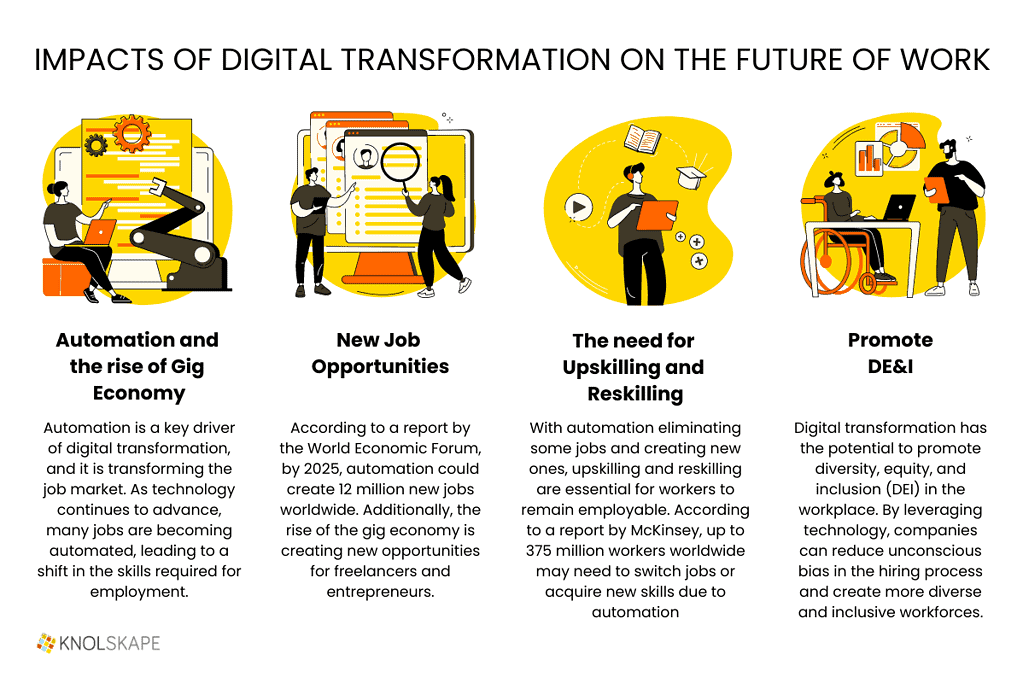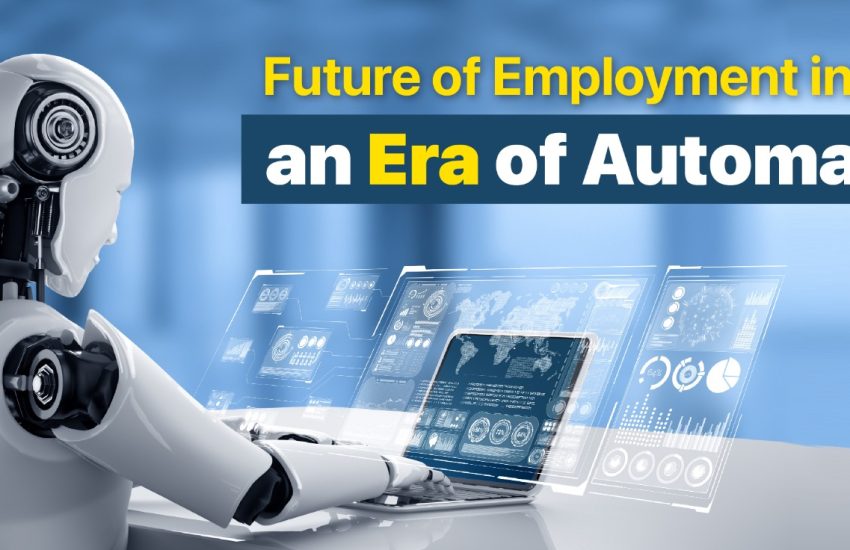The world of international trade, like many industries, is on the cusp of a transformation driven by automation and technological advancements. While these changes present challenges, they also unlock exciting opportunities. This blog delves into how automation will reshape the international trade landscape and explores the crucial role of upskilling in ensuring a future-proof workforce.

Automation’s Disruptive March: How Machines are Changing International Trade
Automation is making significant inroads into various aspects of international trade:
- Logistics and Supply Chain Management: Robots are handling warehousing and inventory management tasks, while autonomous vehicles are revolutionizing transportation and delivery.
- Data Analysis and Trade Finance: Automation will streamline trade finance processes and enable faster, more efficient data analysis for informed decision-making.
- Compliance and Regulatory Processes: Automated systems can handle routine compliance tasks, freeing up human resources for more strategic endeavors.
- Customer Service and Communication: Chatbots powered by artificial intelligence (AI) will provide 24/7 customer support, enhancing communication efficiency.
The Human Factor Endures: Why Upskilling is Paramount
While automation might displace some routine tasks, new opportunities will emerge. Upskilling the workforce is crucial to navigate this evolving landscape:
- Shifting Skillsets: Demand for skills in areas like data analysis, AI literacy, and digital marketing will rise.
- Adaptability and Problem-solving: The ability to adapt to new technologies and solve complex problems will be highly valued.
- Communication and Collaboration: Effective communication and collaboration skills remain essential for human-machine teamwork.
- Global Business Acumen: Understanding the nuances of international trade and cultural sensitivities will continue to be critical.
Building a Future-Ready Workforce: Strategies for Upskilling
Businesses and individuals can take proactive steps to address the upskilling imperative:
- Invest in Training Programs: Companies can offer training programs to equip their workforce with the necessary skills to thrive in the automated future.
- Embrace Lifelong Learning: Employees should embrace a culture of lifelong learning and actively seek opportunities to update their skillsets.
- Leverage Online Resources: A plethora of online resources and courses can facilitate skill development and knowledge acquisition.
- Collaboration with Educational Institutions: Partnerships between businesses and educational institutions can ensure that educational programs align with industry needs.
A Symbiotic Future: Humans and Machines Working in Tandem
The future of international trade is not about humans being replaced by machines, but about a collaborative future where humans and machines work together:
- Machines Handle Repetitive Tasks: Automation frees up human workers to focus on higher-level tasks like strategy, innovation, and customer relationship management.
- Human Expertise Enhances Automation: Human expertise and judgment are crucial for guiding automation processes and ensuring optimal outcomes.
- A More Efficient System: The synergy between human and machine capabilities can lead to a more efficient, productive, and data-driven international trade ecosystem.
Conclusion:
The future of international trade will be shaped by automation and its impact on the workforce. By embracing upskilling and fostering a culture of lifelong learning, individuals and businesses can ensure they are well-equipped to navigate the changing landscape. The future holds immense potential for a more streamlined, efficient, and data-driven global trade system where human ingenuity and technological prowess work together to unlock new possibilities in the world of international commerce.

